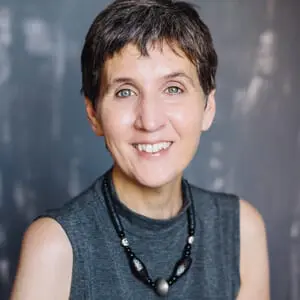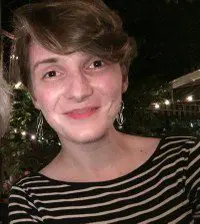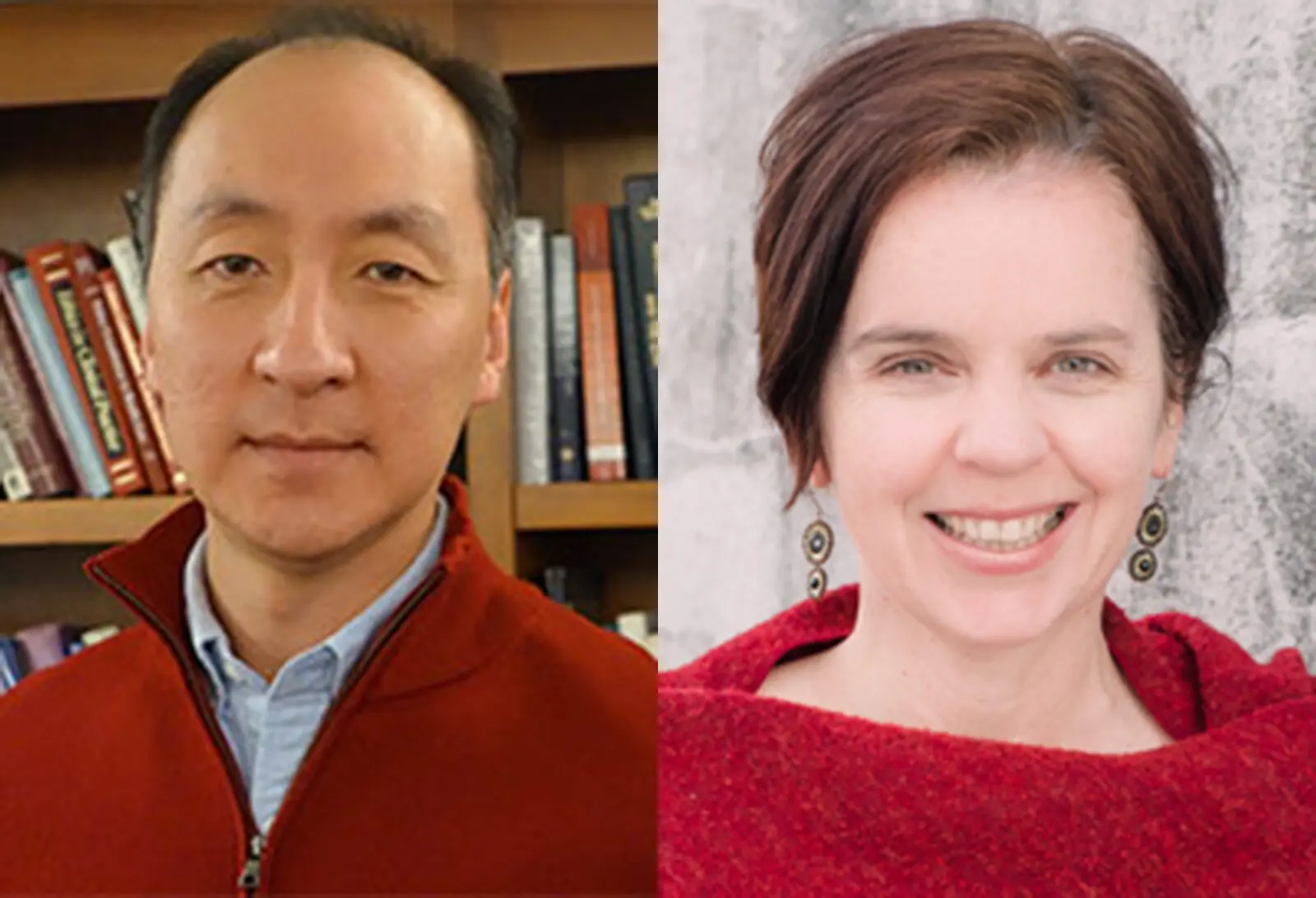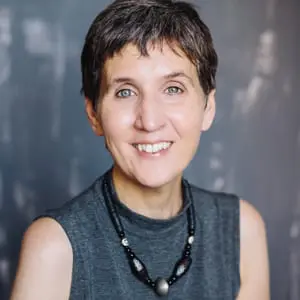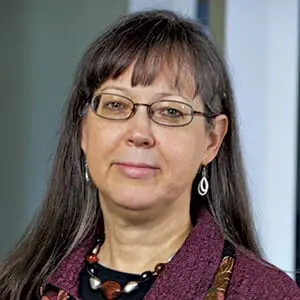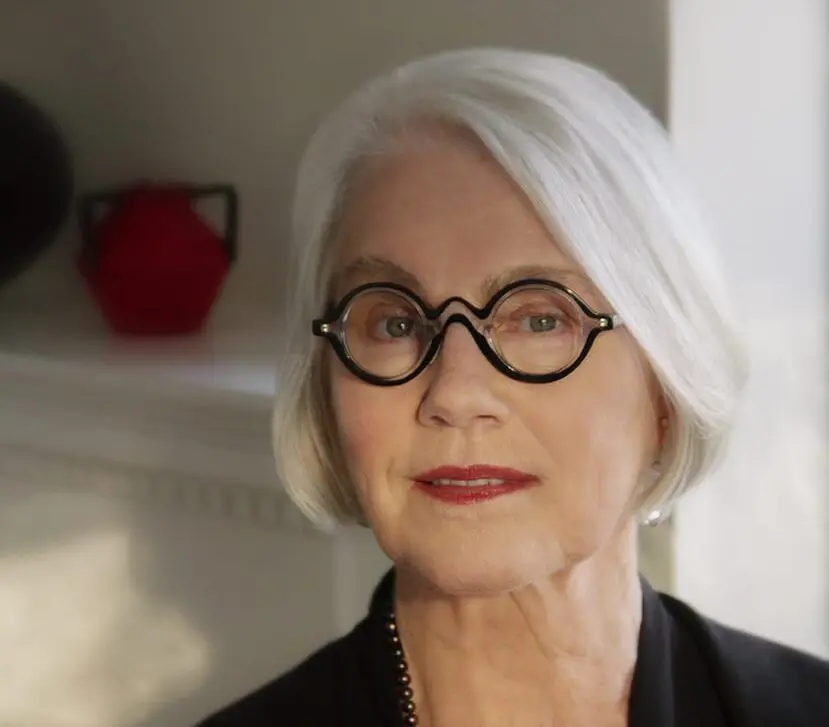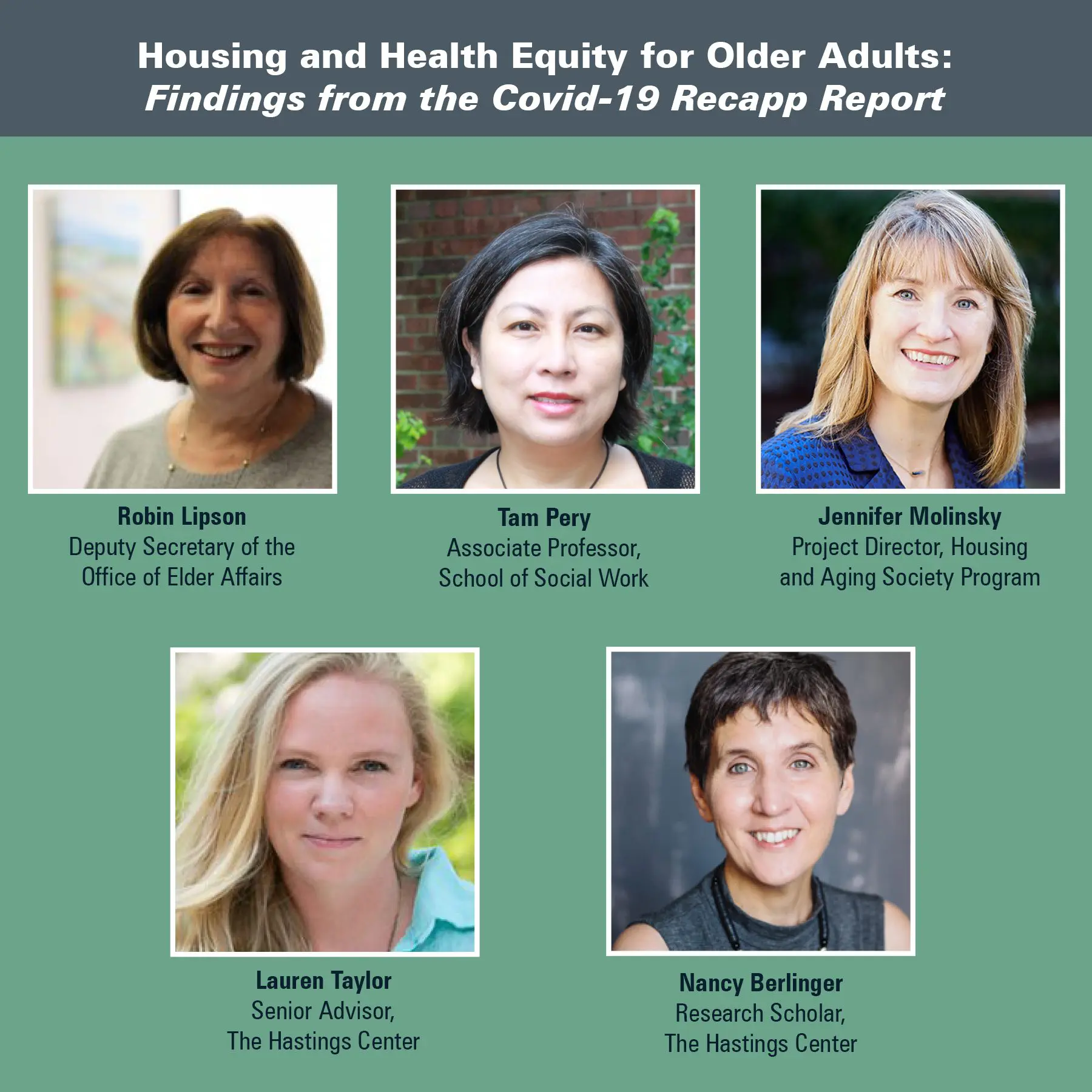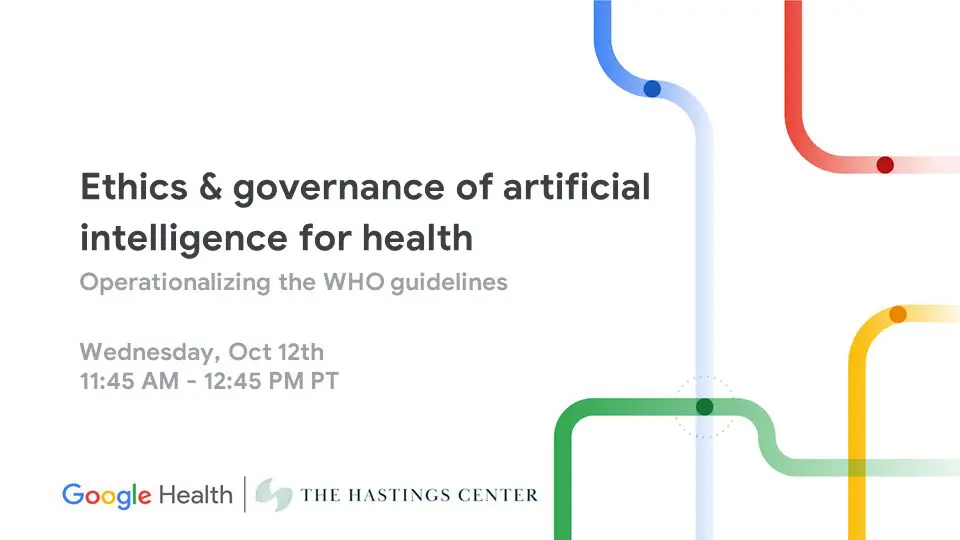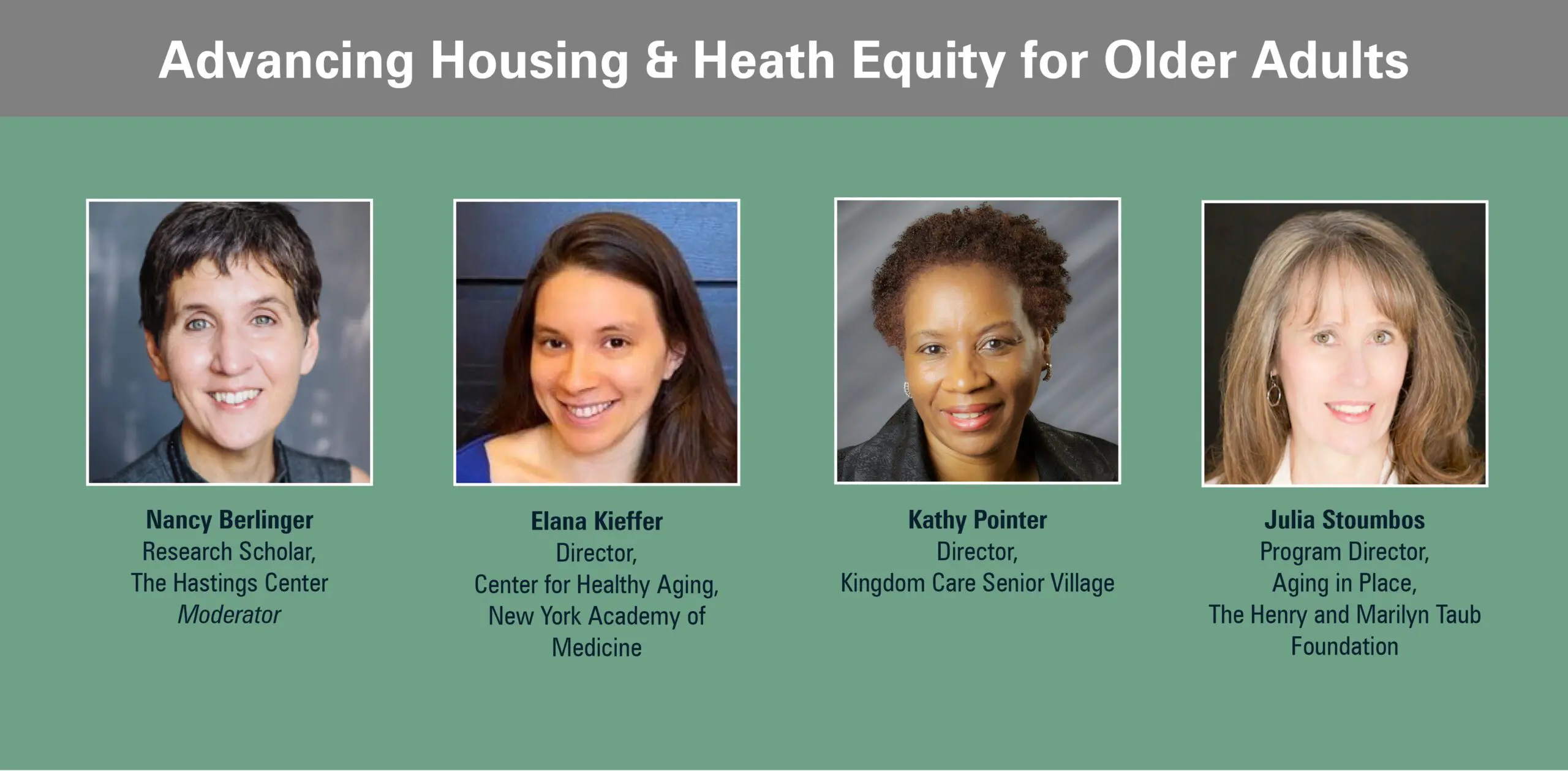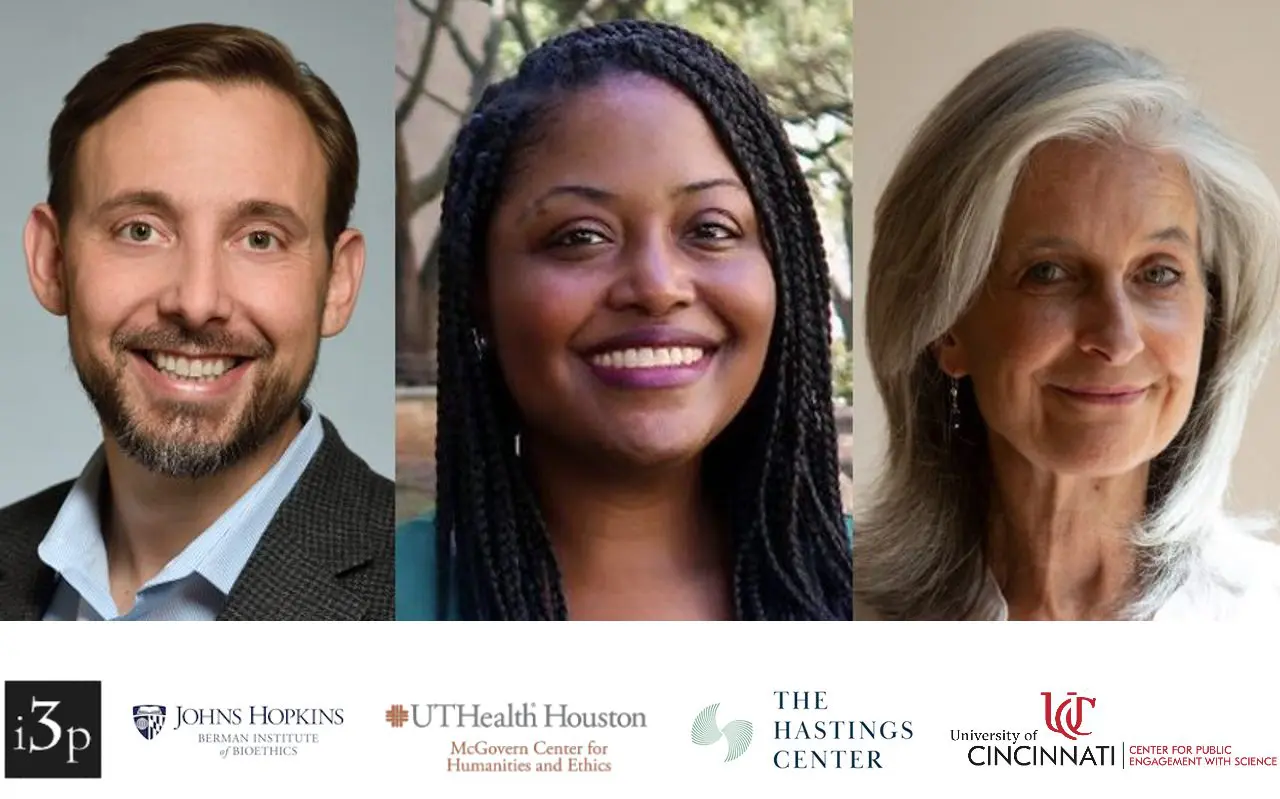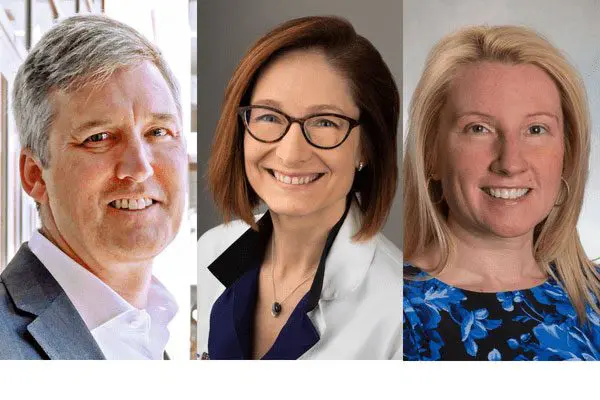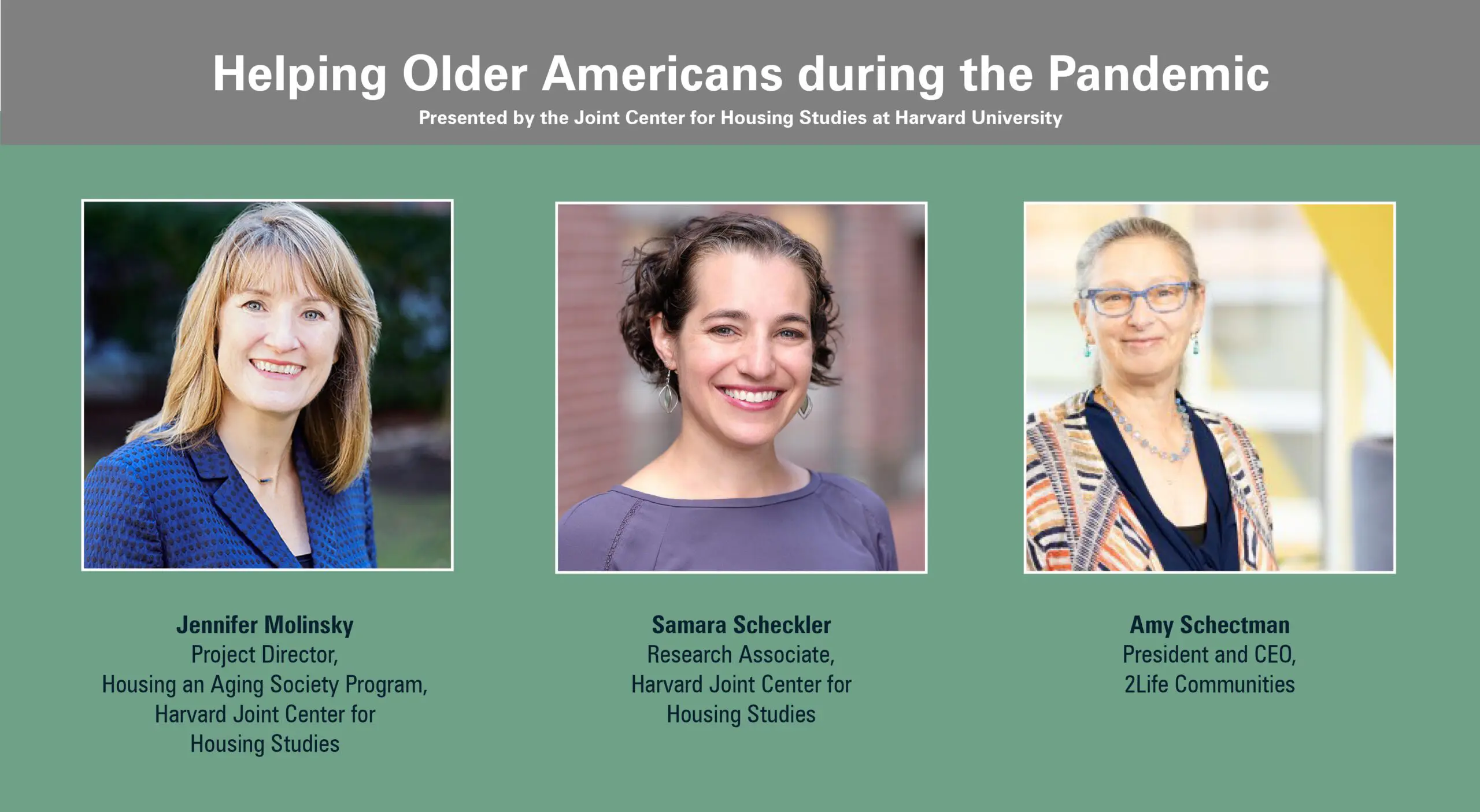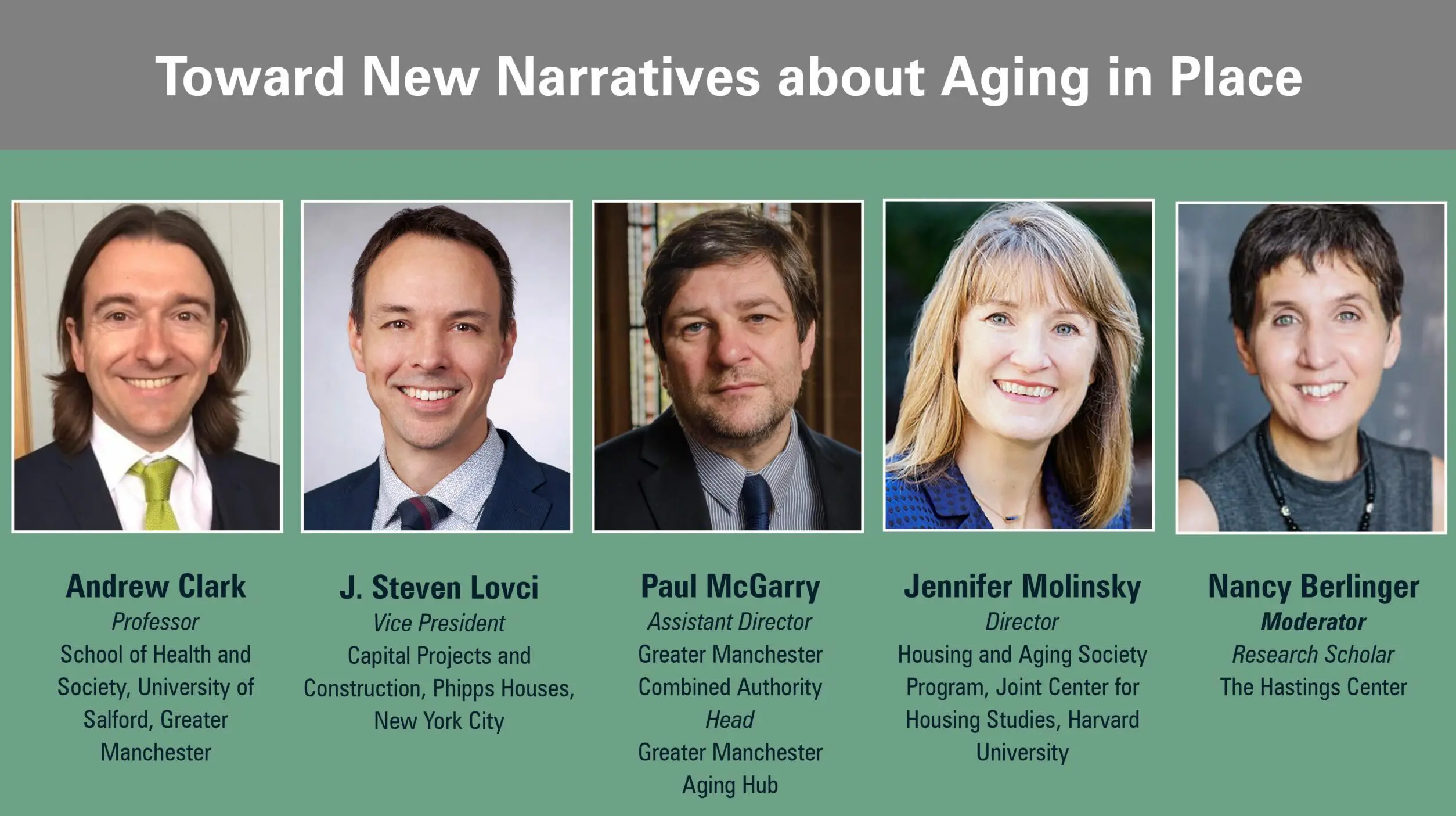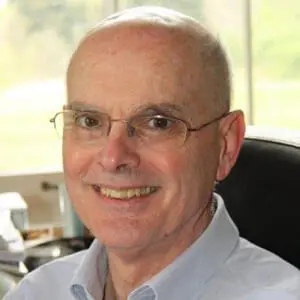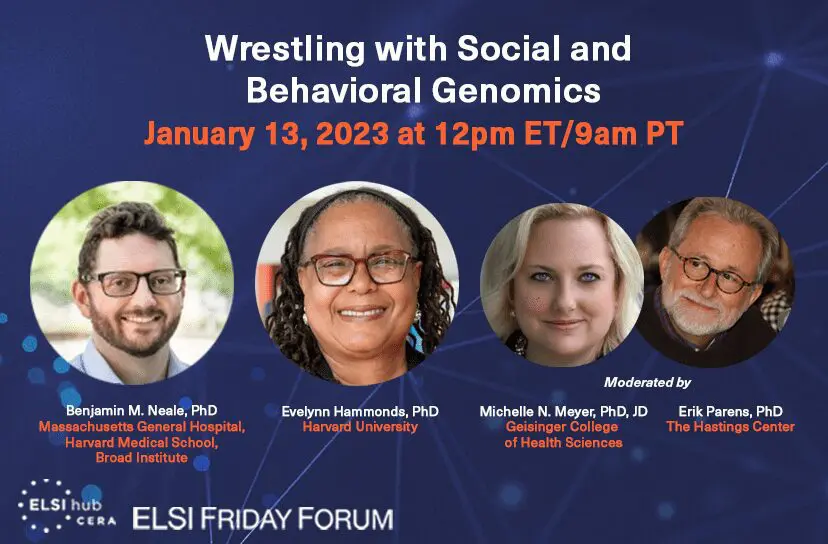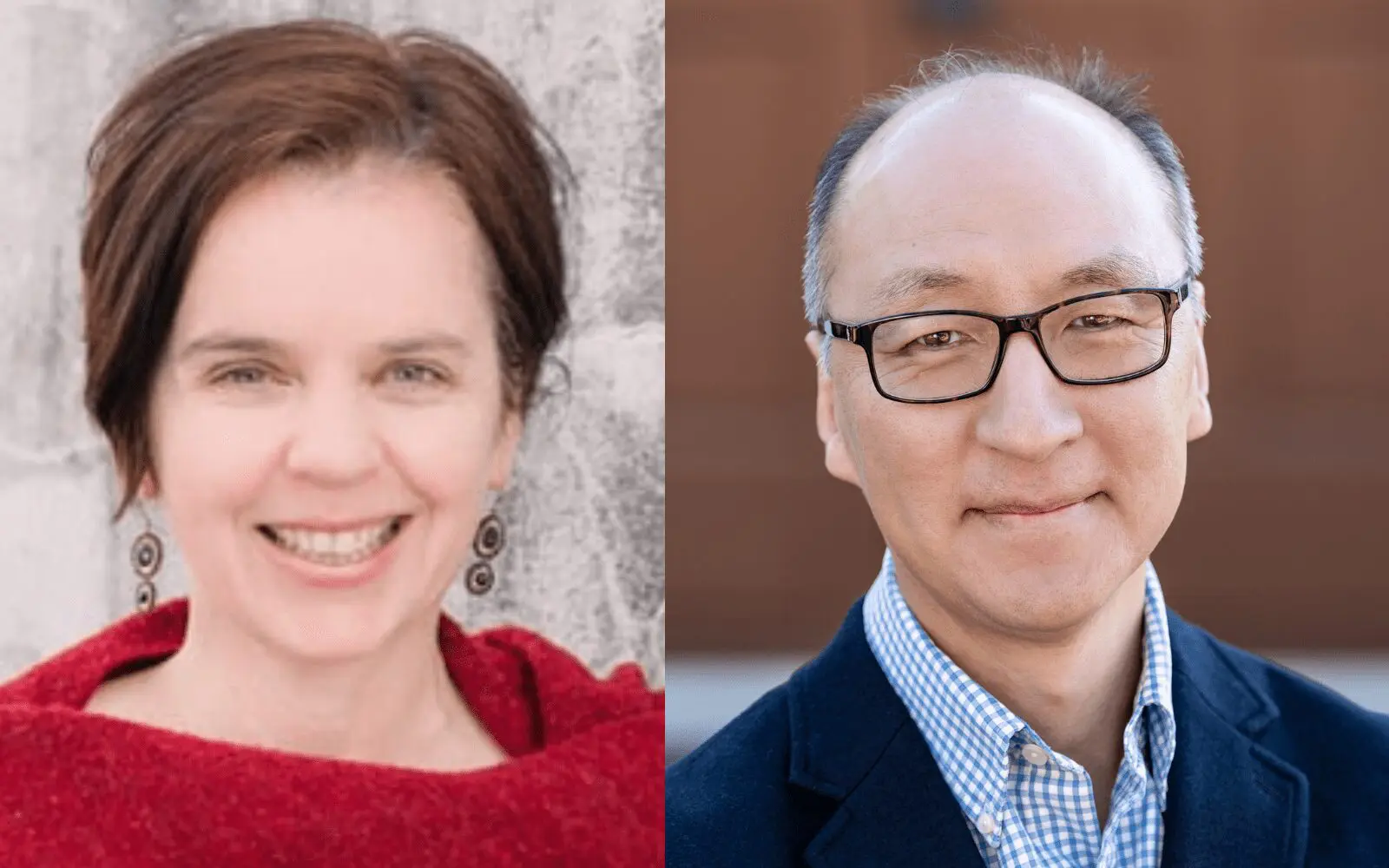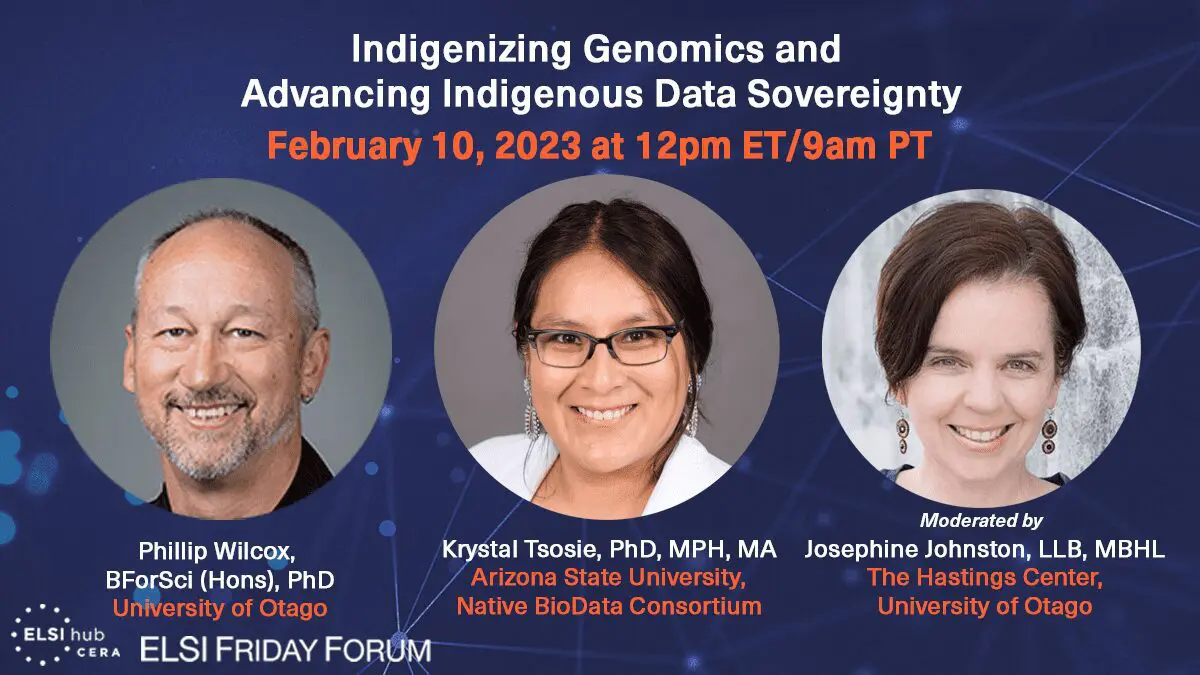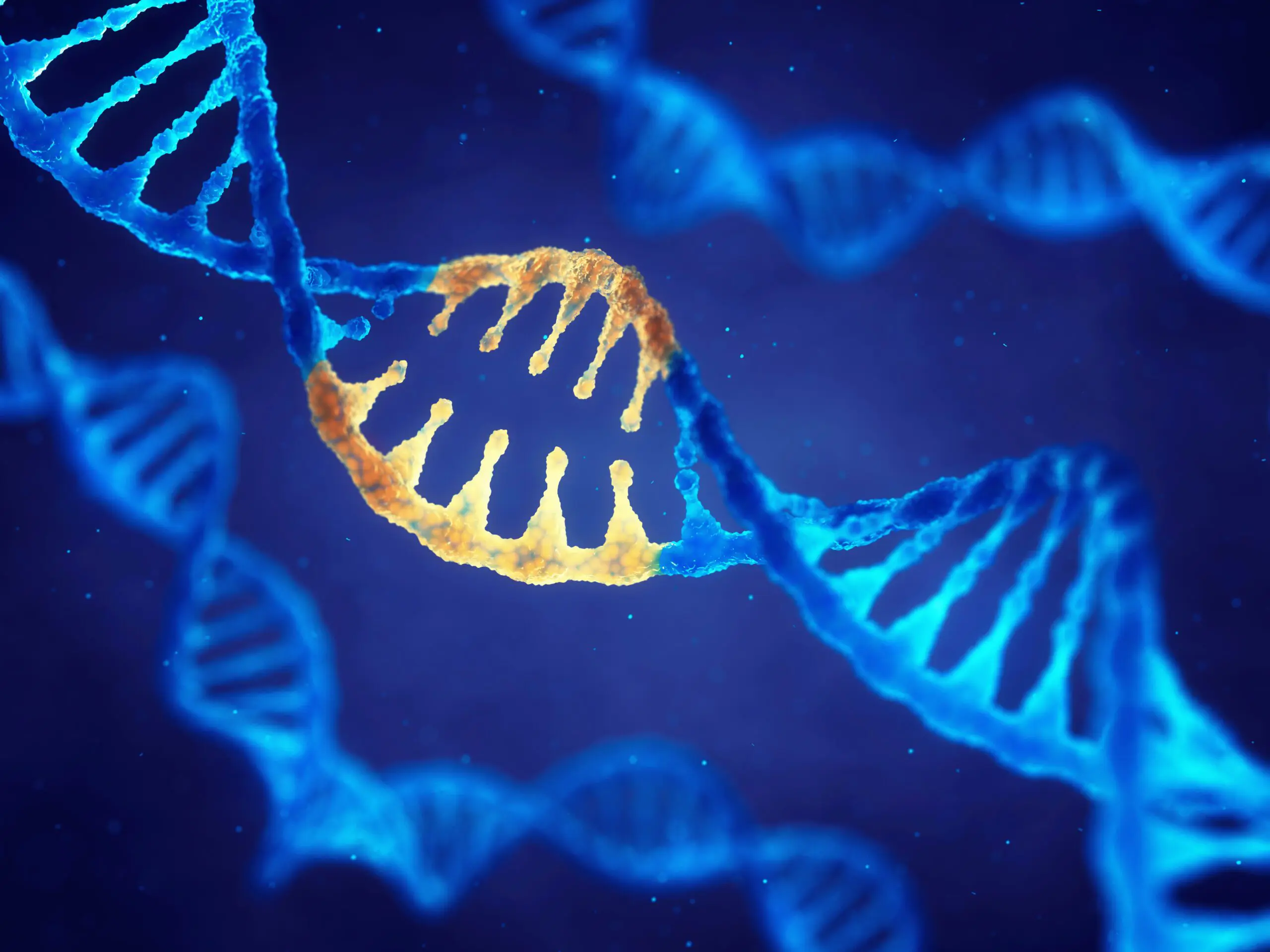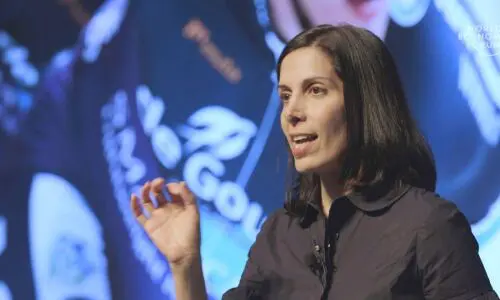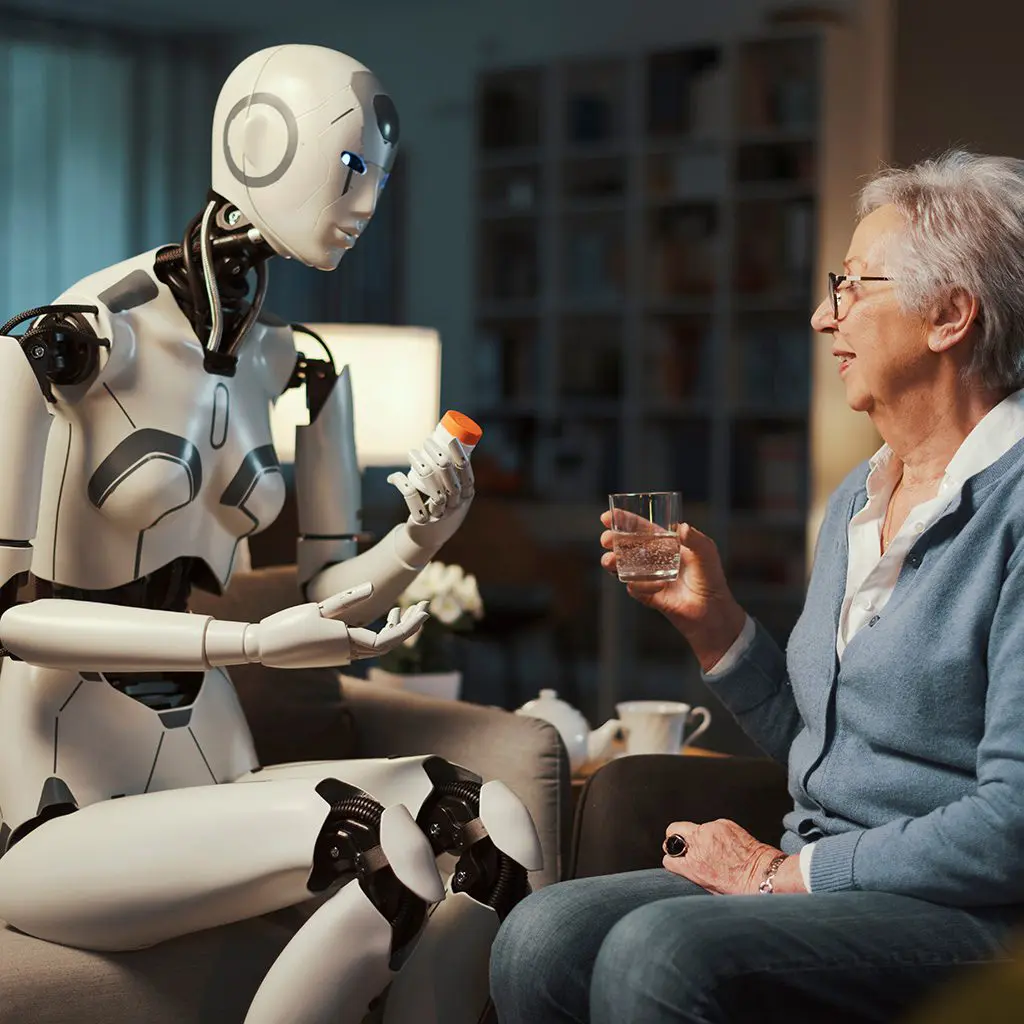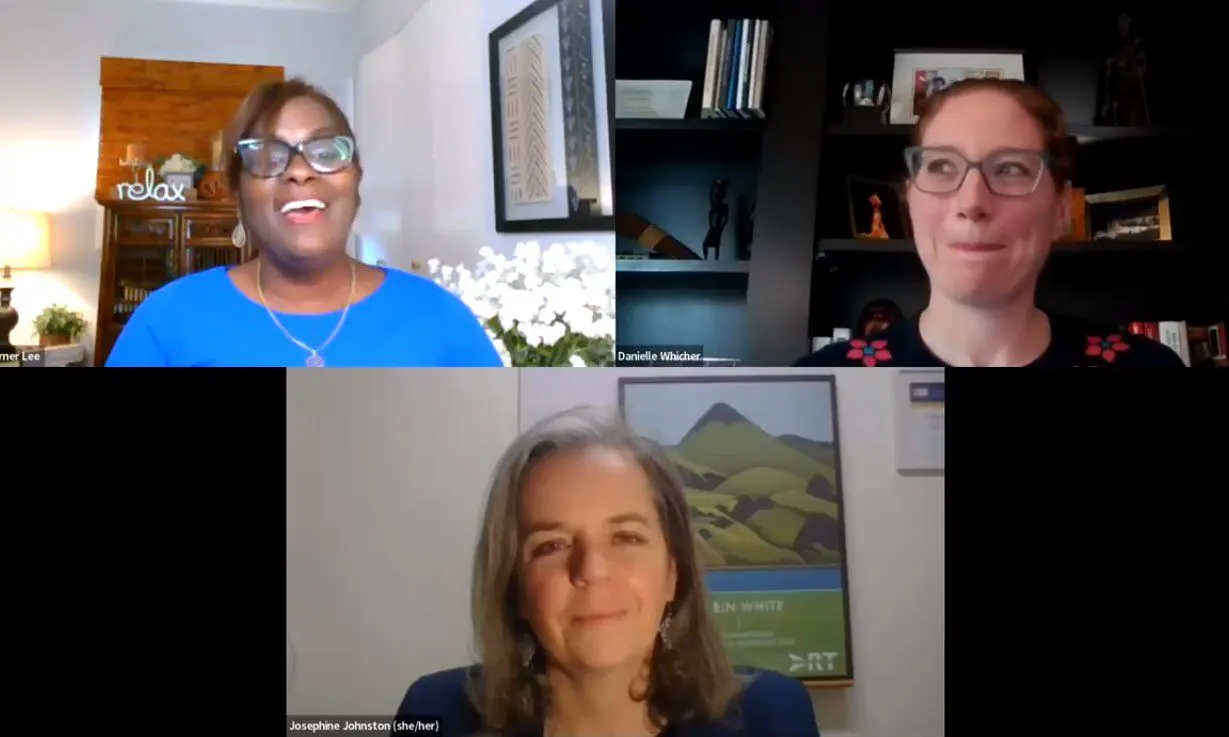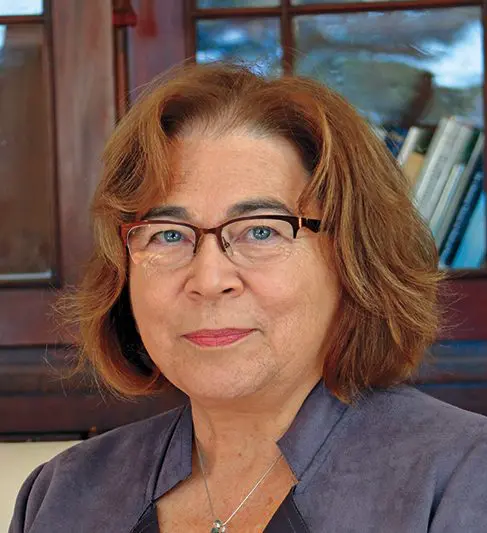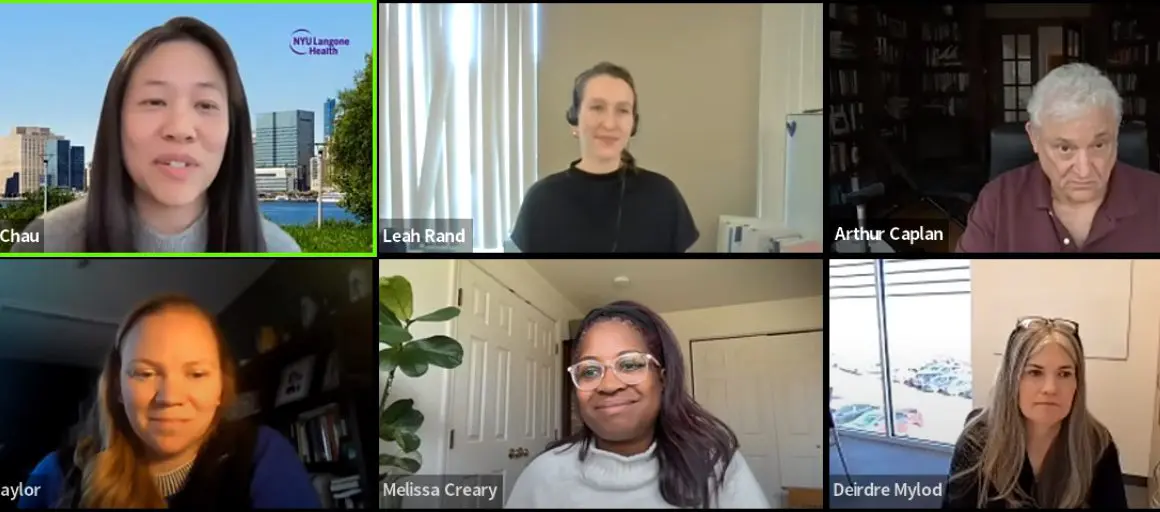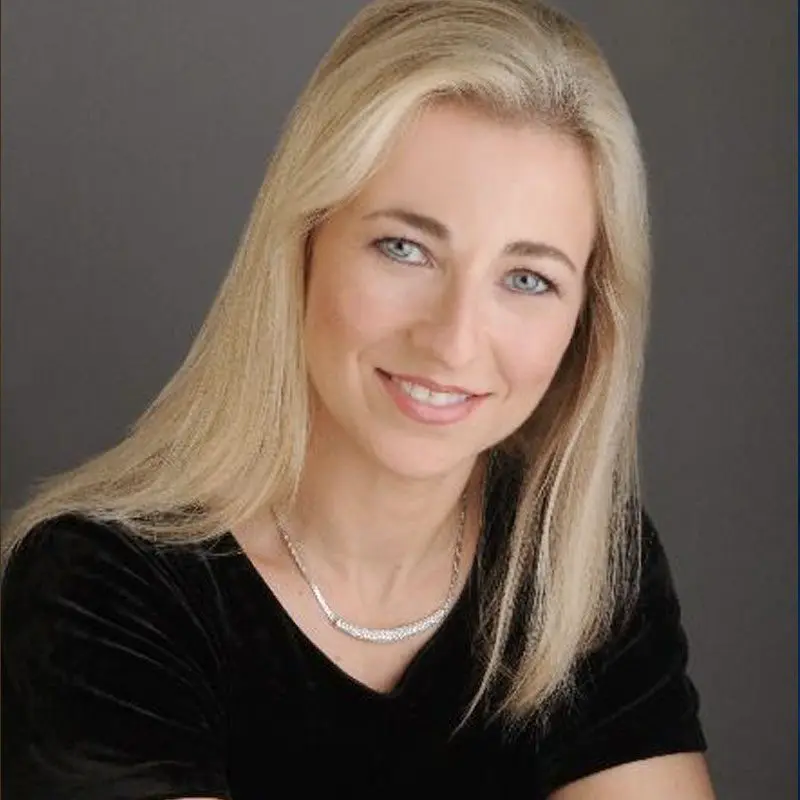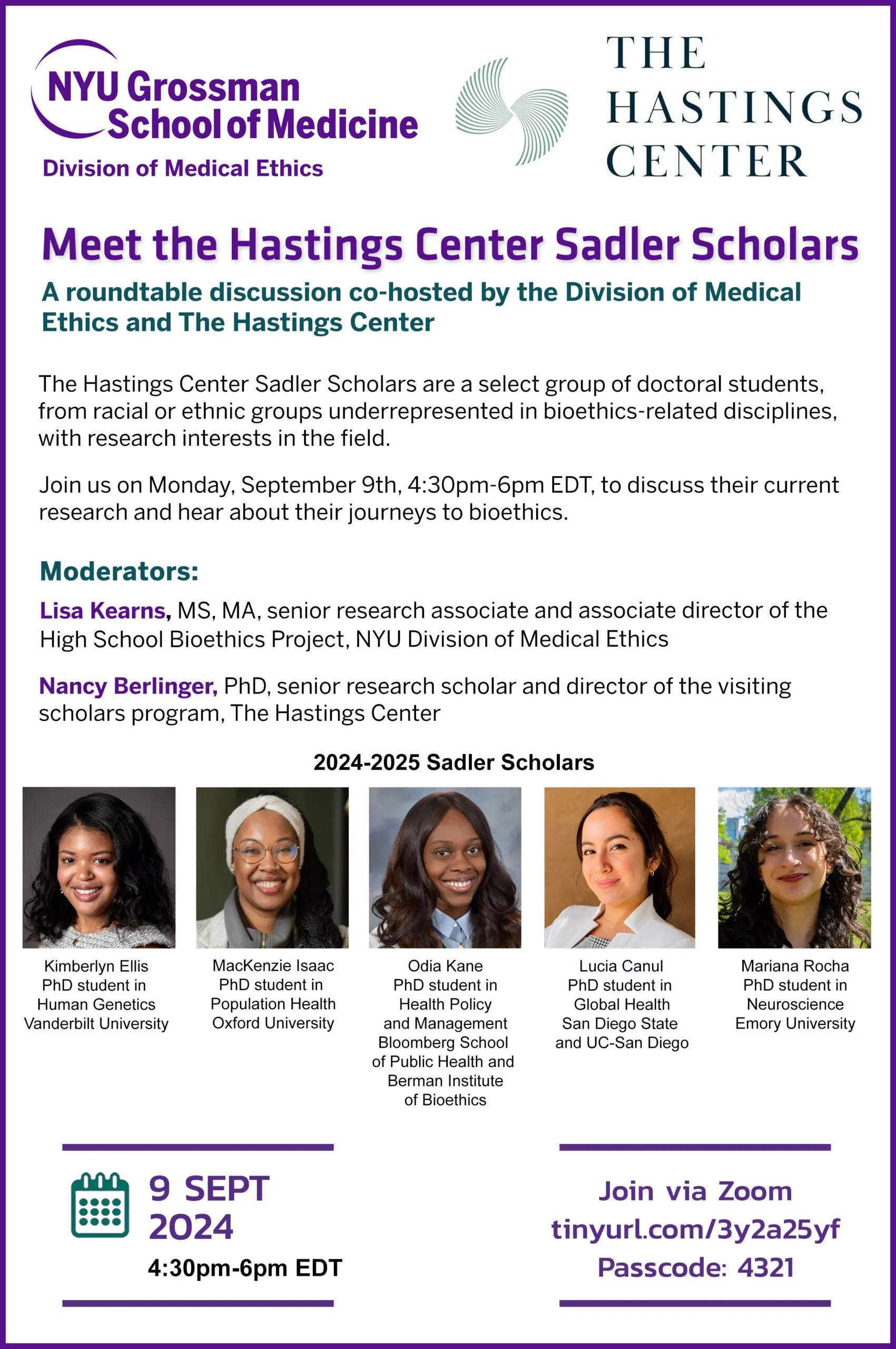Virtual Event
Migration Humanities and Social Justice
OnlineHastings Center Scholar, Nancy Berlinger will present, "Migration Humanities and Social Justice," at Otago Bioethics Center, University of Otago, Dunedin, New Zealand.
Self-determined care or pernicious self-responsibilization? The Case of Telemedicine
Mercer Gary a postdoctoral fellow at The Hastings Center will be giving a presentation on "Self-determined care or pernicious self-responsibilization? The Case of Telemedicineat for the Association for Feminist and Social Theory.
Chimeras (But Don’t Call Them Chimeras): An Introduction to the Ethics & Policy Debate
OnlineJosephine Johnston, Director of Research at The Hastings Center, and Dr. Insoo Hyun, Director of the Center for Life Sciences and Public Learning at the Museum of Science in Boston will present, “Chimeras (But Don't Call Them Chimeras): An Introduction to the Ethics and Policy Debate” at the September 15 PRIM&R webinar.
Aging in a Place: Perspectives on the Meanings of “Home” and “Community” from Age-focused Researchers & Practitioners
OnlineEveryone ages in some "place," or a series of places. This event will explore the concept of place from the perspectives of housing research, affordable housing development and modification, and dementia-friendly community planning. Our aim is to connect humanistic concepts with socially engaged research and practice on planning and housing for aging societies, to support...
Ethical & Regulatory Considerations in Xenotransplantation Clinical Trials: Patient Selection, Equity in Access, & Wait Listing
OnlineThe webinar aims to provide participants with the ethical, regulatory, and psychosocial context to address the following questions: - What strategies should be used to minimize clinical trial investigators’ conflict of interest in recruiting patients into xenotransplant clinical trials? - How should potential participants be notified about the option of participating in a xenotransplant clinic...
The Suppliants Project: Ukraine, Notre Dame Forum
Theater of WarDramatic readings of Aeschylus’ Suppliants as catalyst for powerful, global dialogue about the impact of war. Translated and Directed by Bryan Doerries.
What Do Physicians Want from Leadership?
Champions of Wellness Virtual Summit 2022Nancy Berlinger, Ph.D., a Research Scholar at The Hastings Center, will be speaking at the Champions of Wellness Virtual Summit 2022 on "What Do Physicians Want from Leadership?: Insights from a Qualitative Four-City Study of Systems Factors in Occupational Health and Wellbeing During COVID-19."
How I Became Disabled
https://www.genome.gov/event-calendar/irreducible-subjects-disability-and-genomics-in-the-past-present-and-futureRosemarie Garland-Thomson, Hastings Center senior advisor and fellow, will be speaking on “How I Became Disabled” at The National Human Genome Research Institute (NHGRI) and The State University of New York at Buffalo Center for Disability Studies two-day symposium entitled, “Irreducible Subjects: Disability and Genomics in the Past, Present and Future."
Housing & Health Equity for Older Adults: Findings from the COVID-19 RECAPP Report
In addition to its devastating effects on health and mortality, the COVID-19 pandemic produced a complex and interconnected set of social challenges across the US. Older adults living in the community faced social isolation and disruptions in access to food, medical care, and other goods and services during stay-at-home orders. In response, organizations that support...
AI & Health Bioethics Summit
OnlineThe first Google Health Bioethics Summit 2022 will be hosted in collaboration with The Hastings Center. This forum will bring together experts from across academia and industry to explore the most pressing ethical issues in artificial intelligence and health care, share knowledge, and build the foundation for the development of standards, policies, and best practices....
Advancing Housing & Health Equity for Older Adults: Learning from Aging in Place Initiatives
OnlineIn the Covid moment, community-based initiatives throughout the United States pivoted to meet the needs of older adults at home. This virtual event explores the findings of a new report, a collaboration between The Hastings Center and the Joint Center for Housing Studies at Harvard, focusing on perspectives and lessons from diverse initiatives and networks...
Communicating Ethical Challenges in Crises: Bioethics With Bigger Impact
OnlineThe chaos that enveloped the Covid-19 response and the loss of trust in experts has laid bare the need for a shift in communicating the moral questions that confront our society. Helping the public think through daunting public health issues and understand the reasons for life and death policies is critical – we must communicate...
Patient Harms and Professional Obligations after Dobbs
OnlineThe Dobbs decision is imposing confusion and risking the health and safety of pregnant patients in states where abortion has been banned. Physicians are asking what to do. Is the ethical choice refusing to comply? Or is civil disobedience the wrong answer? Learn about the kinds of patient cases most at risk and explore what...
Helping Older Americans During the Pandemic
OnlineThis event, the third in a four-part series, will explore some of the key findings in Advancing Housing and Health Equity for Older Adults: Pandemic Innovations and Policy Ideas, a collaboration with The Hastings Center. Panelists will share new research and examples of how service coordinators leveraged community resources and their own creativity to ensure...
Toward New Narratives About Aging in Place
OnlineMost older Americans want to “age in place,” yet many lack the “place” they need. Land use restrictions or local resistance to affordable, accessible homes stymie efforts to build places that work for people as they age or who have disabilities. Private-market options geared to wealthy adults are not the solution for the typical, moderate-income...
Genetic Advantages in Sports: When Do They Count as ‘Doping’?
ELSIhubWhat is the essence of sports, and how does that impact the way doping is defined? Join the Friday ELSI discussion with panelists Sarah Polcz, JSD, MSc, JD (Stanford Law School) and Silvia Camporesi, PhD, PhD (King's College London, University of Vienna), moderated by Thomas H. Murray, PhD (The Hastings Center).
Wrestling with Social and Behavioral Genomics
OnlineSocial and behavioral genomics research uses huge sets of genetic data in attempts to shed light on phenotypes from smoking and eating behaviors, to psychiatric disorders, to sexuality and educational attainment. How should we think about the risks of such research, including the risks that its results can be weaponized or lead to policy fatalism?...
The Promise and Perils of Social and Behavioral Genomics
OnlineWhile many promise that the study of genomic variants can help us better understand ourselves and our world, others are concerned that recent scientific developments have helped fuel the rise of harmful ideologies, such as white supremacy and antisemitism. The scientific community must consider whether the misappropriation of genetic evidence has played any role in...
Should We Change “Chimeric” Human-Animal Research?
SPECIAL REPORT: Creating Chimeric Animals: Seeking Clarity on Ethics and Oversight Crossing species boundaries by inserting human cells into (nonhuman) animals for research purposes promises to yield enormous benefits, including better models of human disease and ultimately sources of tissues and organs suitable for transplantation into humans. Yet there are ethical questions about this type...
Indigenizing Genomics and Advancing Indigenous Data Sovereignty
OnlineIndigenous peoples have embodied genetic understanding within Indigenous knowledge systems long before encountering settler-science constructs.Join the discussion with panelists Phillip Wilcox, BForSci (Hons), PhD, and Krystal Tsosie, PhD, MPH, MA; moderated by Josephine Johnston, LLB, MBHL
Toward Navigating Danger and Promise Together–Editing the Human Genome
A frank look at the ethics of breakthrough genetic technologies TRANSCRIPT A just-concluded summit looked at the state of human genome editing, where the scandal of China's CRISPR babies was fresh in the minds of many. But attendees also heard of the exciting promise that gene editing therapy holds for sickle cell disease, a condition...
The Battle for Your Brain
At the intersection of neuroscience and artificial intelligence lies a wealth of opportunity for business, labor, and society at large. Yet along with progress comes a host of legal and ethical dilemmas. Watch Nita Farahany and Mildred Solomon consider what our neurological information is worth, and the implications of making it available to corporations, work places...
Should AI Care For Us?
Ethics, AI, and Society Increased attention to the widespread applications of artificial intelligence—and large language models such as ChatGPT in particular—has raised questions about the integration of AI into caregiving relationships. AI will allow at least the appearance of more effective caregiving for aging adults and children by tailoring conversations to an individual’s history and...
Can AI Improve Health Care for Everyone?
VirtualFast-moving developments in artificial intelligence have far-reaching implications for caregivers, patients, and the entire healthcare system. Will the introduction of AI systems improve diagnosis, treatment, and research, bringing better and fairer healthcare to all? Or not? Panelists:Dr. Nicol Turner Lee of The Brookings Institute Dr. Danielle Whicher of Mathematica Moderator:Josephine Johnston of The Hastings Center...
Valuing Older Adults by Creating Housing Options: Real-World Insights from Collaborative Research
Hastings Center senior research scholar Nancy Berlinger will present on a panel at the Oregon Gerontological Association 2023 Annual Virtual Conference, Home Sweet Home: Meanings and Options Across the Life Course.
What Ought to be the Future of Just and Equitable Policies for Healthy Aging?
NYU Division of Medical Ethics, NYU Grossman School of MediciHastings Center President Emerita Mildred Z. Solomon will join a panel discussion on the future of just and equitable policies for healthy aging with Professor Michael L. Freedman of NYU Grossman School of Medicine and Mehmood Khan, Chief Executive Officer, Hevolution. Arthur Caplan, head of the division of medical ethics at NYU Grossman will moderate the session...
Rebuilding Trust in Science
Since before the pandemic we have been experiencing a breakdown in trust in science and health care. Explore the reasons for this crisis, with authors of a just-released Hastings Center special report on trust, who show a path forward to heal our fractured society. Transcript Trust Event With panelists Arthur Caplan, PhD, NYU Grossman School of...
Constructing an Ethics Framework for AI in Biomedical Research
Hastings Center President Vardit Ravitsky will discuss "Constructing an Ethics Framework for AI in Biomedical Research,” or ethics at the intersection of artificial intelligence and health care, at the 2024 Rothenberg Speaker Series. The virtual event is sponsored by The Law & Health Care Program at the University of Maryland.
Meet the Hastings Center Sadler Scholars
A roundtable discussion co-hosted by the Division of Medical Ethics at NYU Grossman School of Medicine and The Hastings Center to introduce the Sadler Scholars, a select group of doctoral students, from racial or ethnic groups underrepresented in bioethics-related disciplines, with research interests in the field. Zoom Meeting ID: 956 7984 8524Zoom Passcode: 4321https://nyulangone.zoom.us/j/95679848524?pwd=BUb3BfLP3R0fbNd2jAIUbyjsKyQ6A6.1
